Indian, Chinese troops disengaging from disputed Himalayan border
Indian and Chinese troops have started disengaging from the border area in the western Himalayas, two years after clashes at the frontier strained diplomatic relations.
In a statement released on Thursday, the Indian government said the disengagement was taking place in a coordinated and planned way.
An unnamed Indian defense source said "the eyeball-to-eyeball contact has ended."
Both countries still have thousands of troops lined up along the de factor border, known as the Line of Actual Control (LAC).
"The forces have disengaged. They have not been de-inducted."
"This is the first step towards a calmer LAC," the source said.
In Uzbekistan, there will be a meeting next week with the attendance of Chinese President Xi Jinping and Indian Prime Minister Narendra Modi.
There have been at least 16 rounds of meetings between senior military commanders from both countries since June 2020, when Indian and Chinese troops clashed in the Galwan area of Ladakh. At least 20 Indian and four Chinese soldiers were killed in hand-to-hand fighting.
In February 2021, Chinese troops dismantled dozens of structures and moved vehicles to empty out the entire camps from the banks of the Pangong Tso lake in Ladakh.
India and China share an un-demarcated 3,800-km border. The two countries fought a brief but bloody border war in 1962 and distrust has occasionally led to flare-ups ever since.
India, Japan plan more military drills
India and Japan will deepen cooperation on defense. India plans joint military exercises involving their air forces. On Thursday, Defense Minister Rajnath Singh held talks in Tokyo with his Japanese counterpart Yasukazu Hamada. "He invited Japanese industries to invest in India's defense corridors," India's Defense Ministry said in a statement, referring to Singh. "The two ministers agreed that the early conduct of the inaugural fighter exercise will pave the way for much greater cooperation and interoperability between the air forces of the two countries."
Japanese Prime Minister Fumio Kishida has promised a "substantial" increase in defense spending. His ruling Liberal Democratic Party wants to double Japan's military budget to 2% of the gross domestic product over the next five years.
'Capitulation': Israeli officials and media concede Gaza defeat as truce unfolds
'Gaza has won': Social media users react to ceasefire with mix of relief, joy
Iran seeks South Korea’s assistance for AI, fiber-optic projects
VIDEO | Iran's 'Eqtedar' (Power) maneuver
Israel hits HTS military target in Syria for 1st time since fall of Assad
VIDEO | Press TV's news headlines
Israel has slaughtered 13,000 students in Gaza, West Bank
VIDEO | More Zionist than Zionists: Biden’s legacy to be defined by Gaza genocide


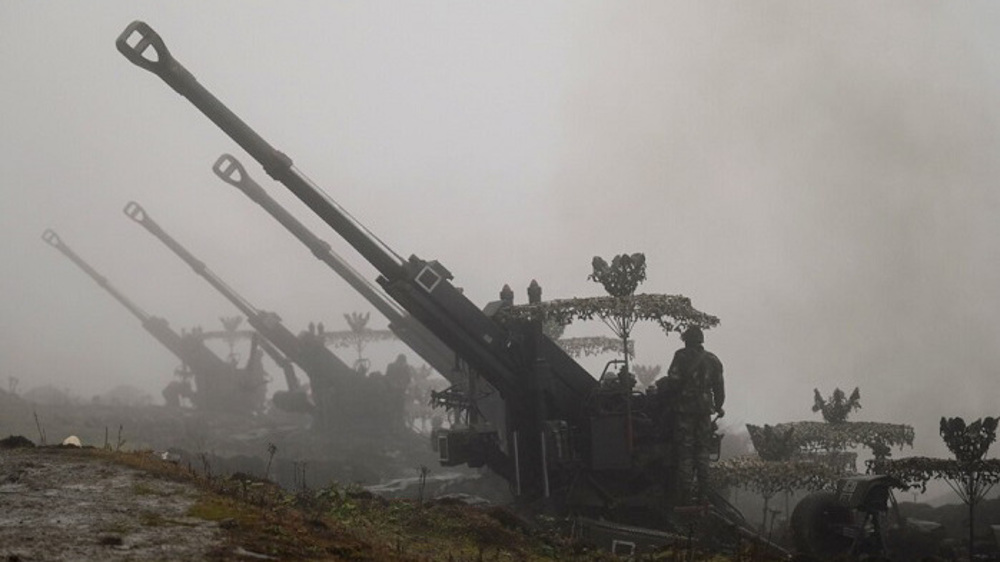
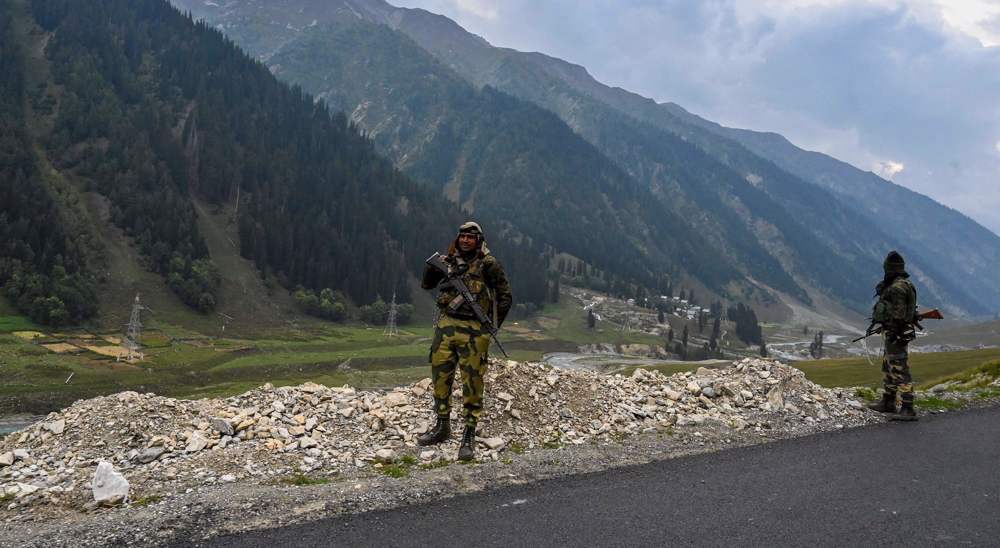
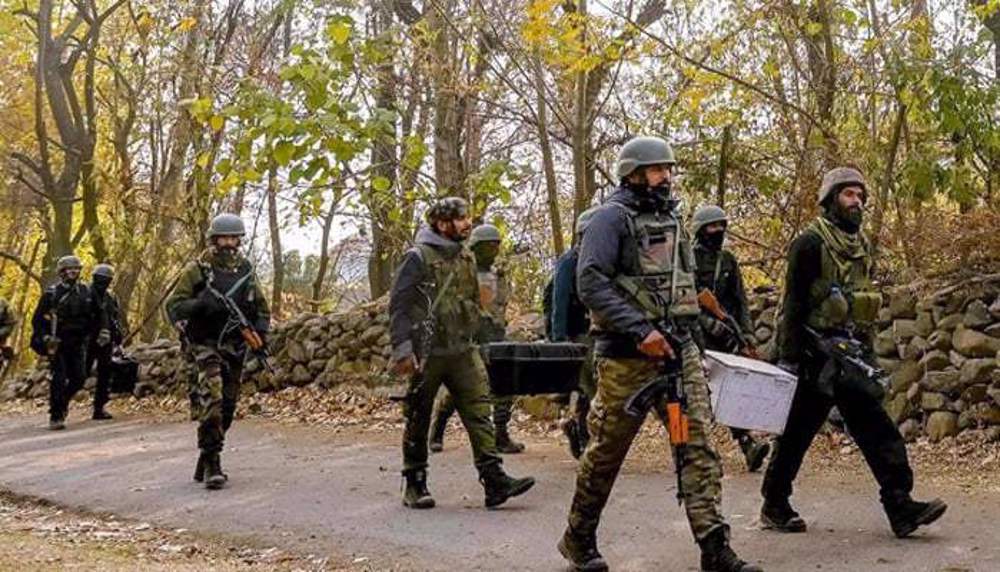
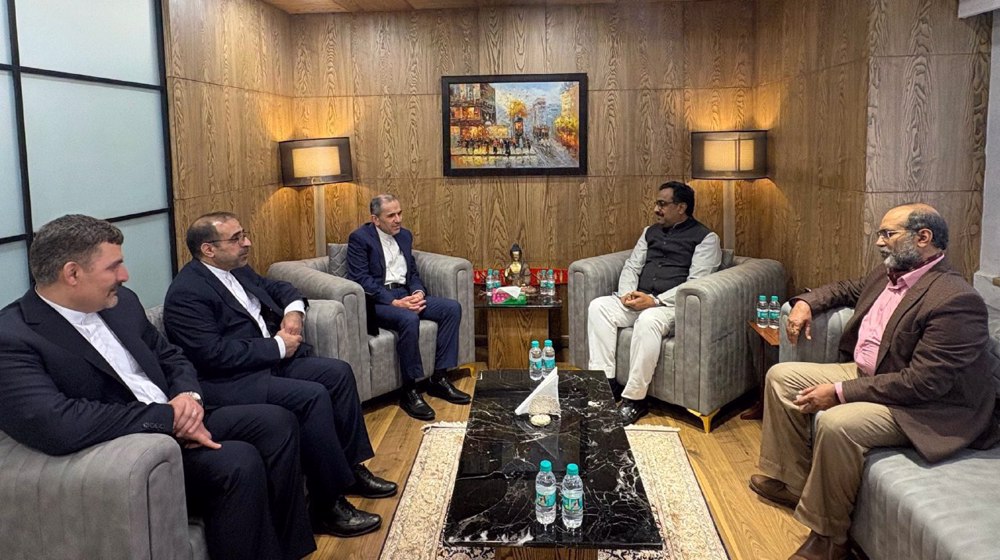
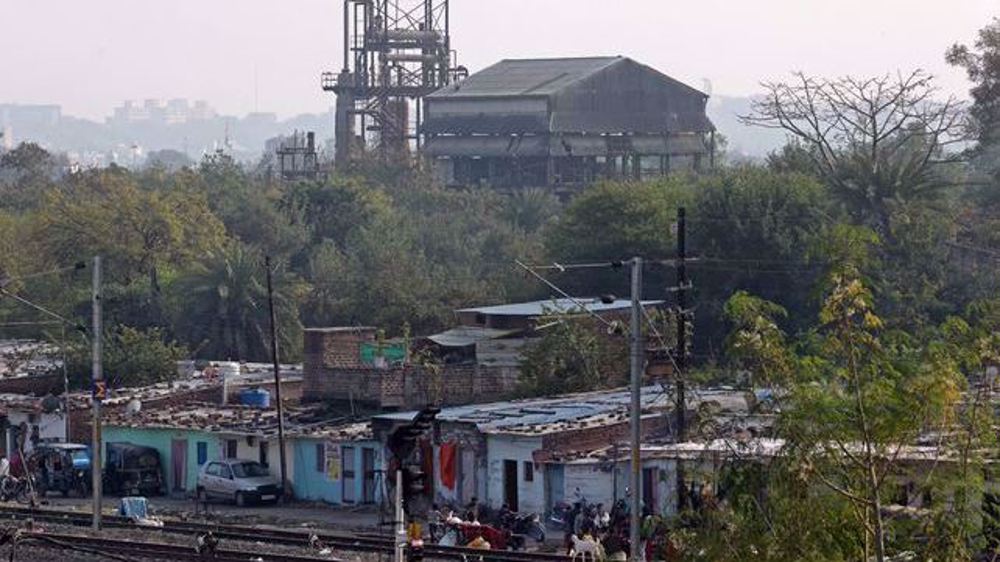



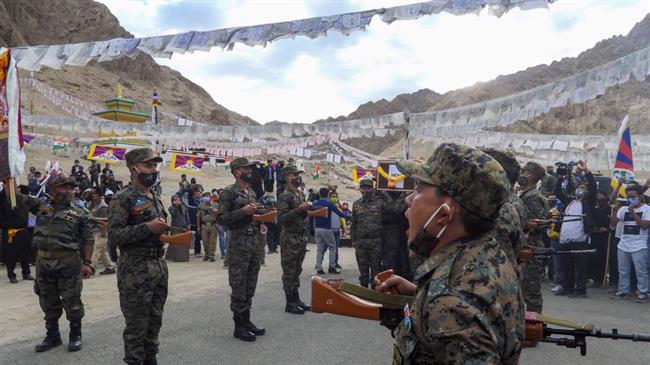
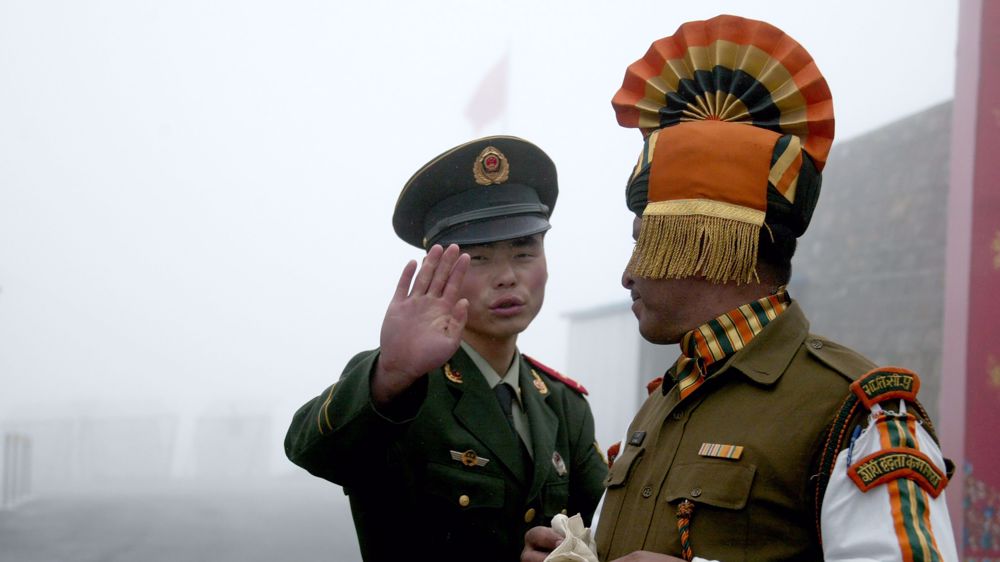
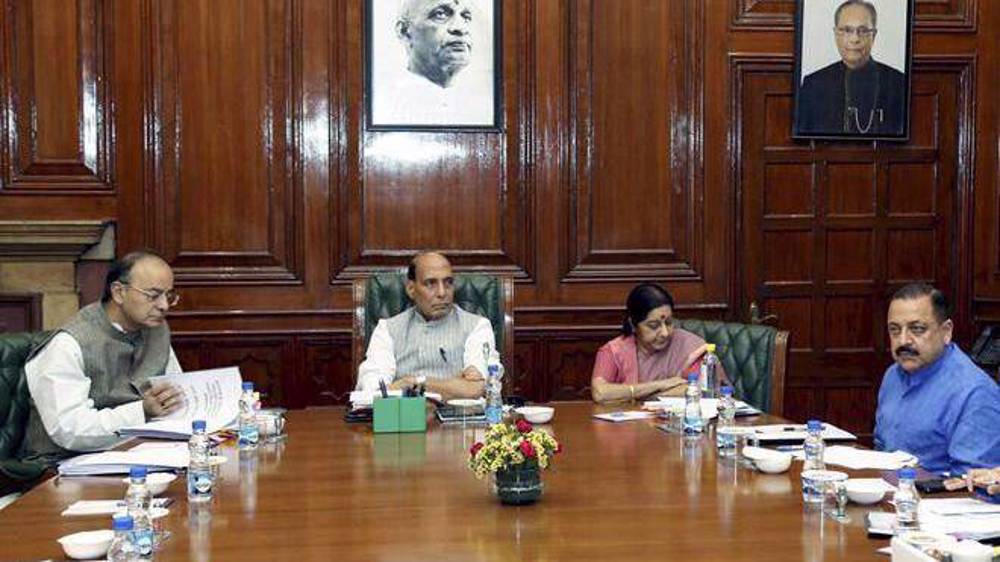
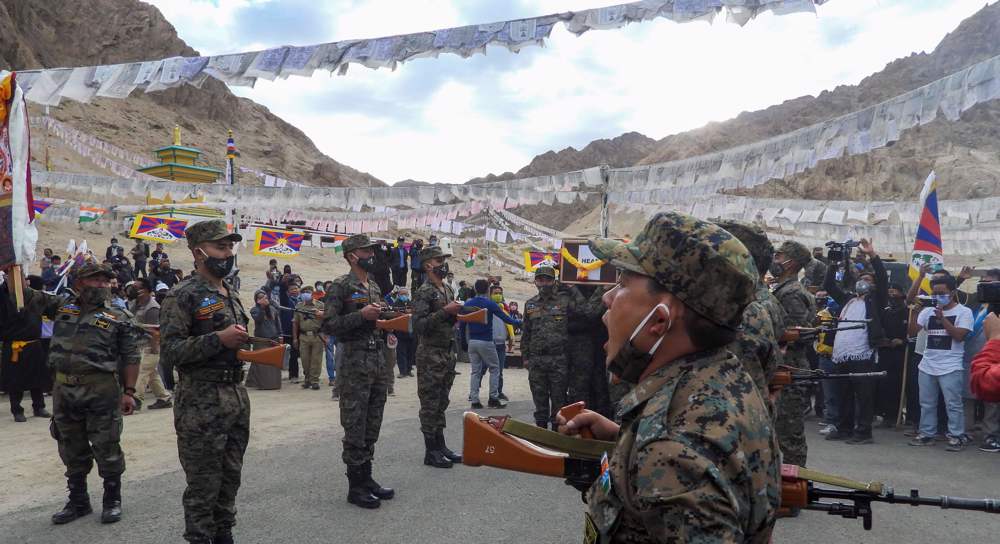
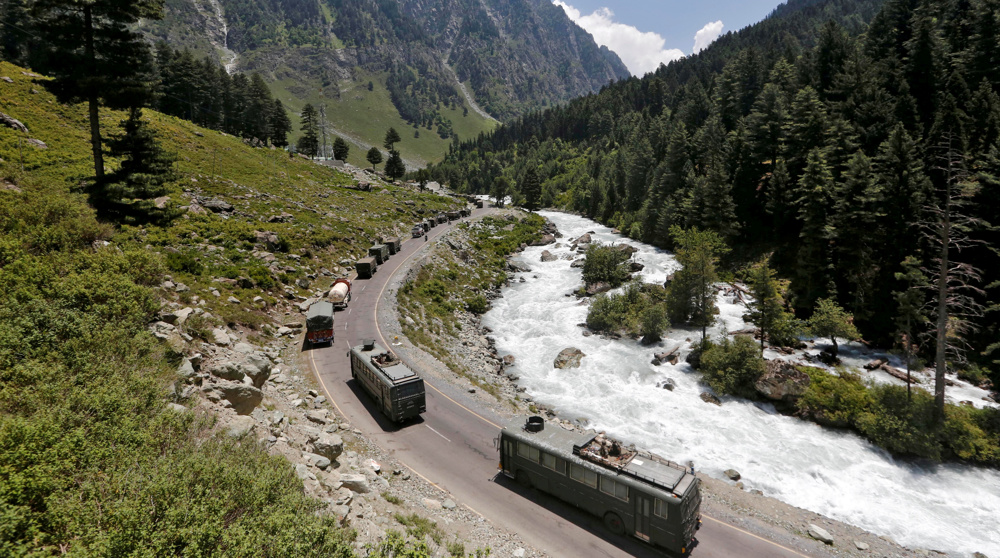
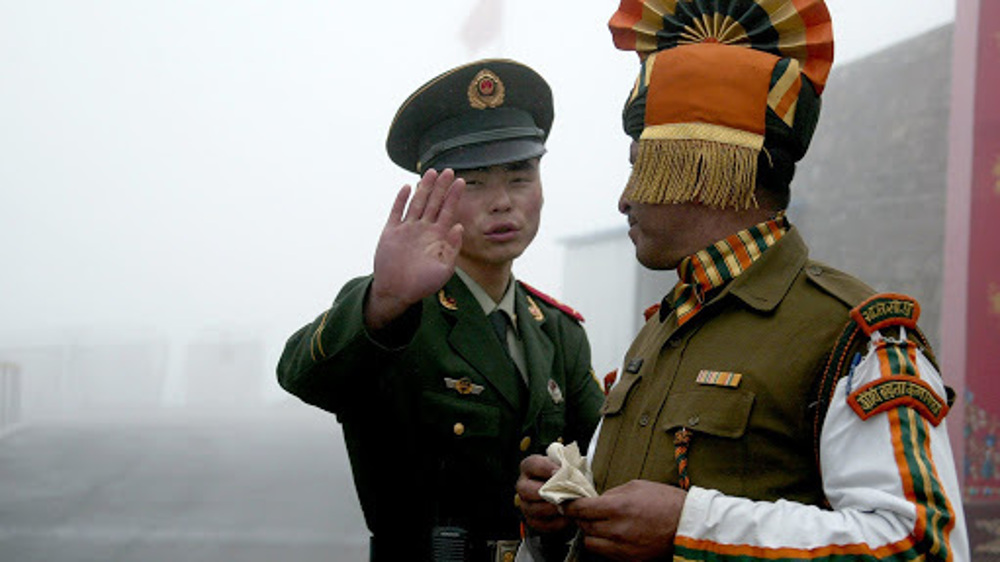
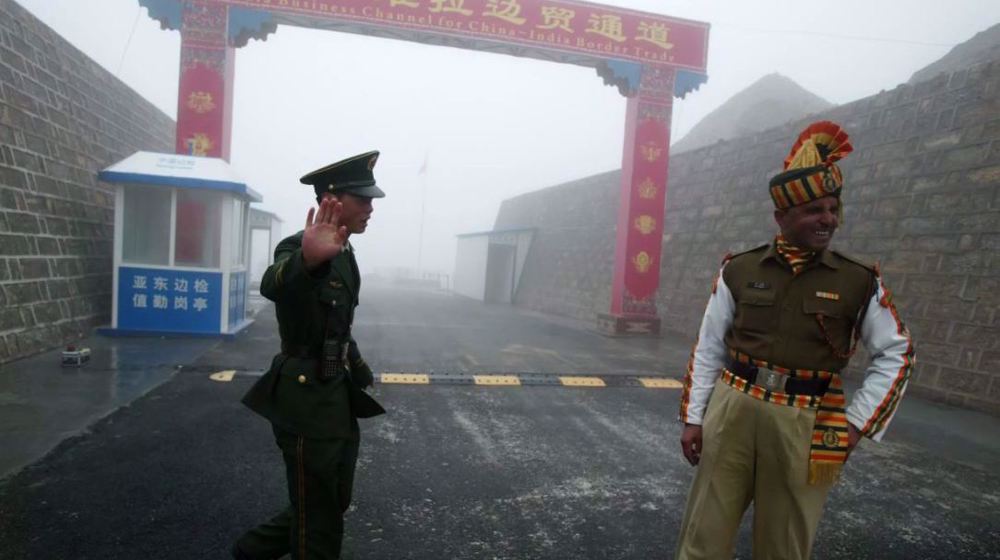




 This makes it easy to access the Press TV website
This makes it easy to access the Press TV website